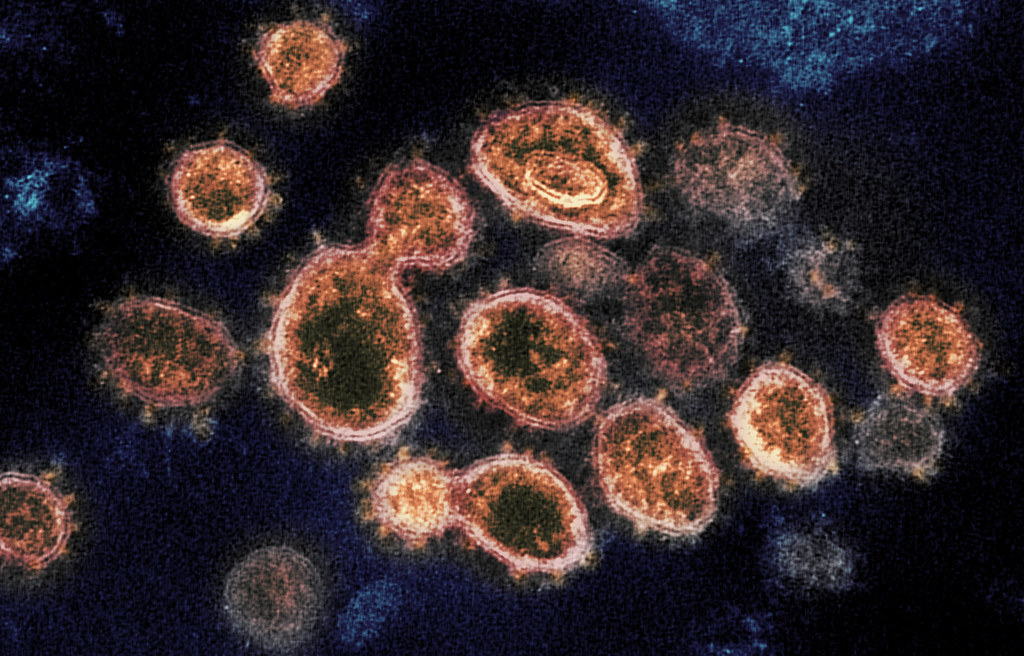As the threat of a coronavirus outbreak looms for the U.S., there are still actions we can take to lessen the potential impact to ourselves, our families, and our country.
If you haven’t completely quarantined yourself from news coverage and social media for the last couple months, you’ve heard about the coronavirus outbreak in Wuhan, China. Perhaps you’ve tracked its spread across the globe with a gimlet eye. As it edges ever closer, people are understandably worried and wonder what they can do to protect themselves and their families. Some of the actions we can take are simple, common sense measures. Others are less obvious or directly related to the virus, but may be just as critical to consider in a world going a little crazy.
Let’s get the basics out of the way. Is it time for Americans to panic? Yes. No. Maybe. It depends upon who you listen to and who you believe. The situation in China appears to be slowing down, but the virus has rapidly spread to countries like Iran and Italy, and there are already at least 60 cases in the United States. Eventually, a homegrown coronavirus outbreak seems inevitable. What can be done?
First, wash your hands, and stop touching your face! How widely a coronavirus outbreak spreads, and how many people die, are outcomes directly affected by factors we can control. If all of us wash and use hand sanitizer properly, effectively quarantine people who fall ill, generally avoid coming into contact with others, and stay healthy otherwise, not only will the virus be more easily contained, we will also be able to concentrate our resources (like hospital beds) on the people who really need them. Following protocols like these is what foiled the spread of SARS in 2003, turning it from a potential pandemic to an illness that faded away having taken fewer than a thousand lives in total. Proper physical and social hygiene is a moral imperative.
If you must endure a quarantine, stocking up on some goods beforehand will help. Consider filling your pantry with shelf-stable items like canned soups, crackers, and easily prepared foods that you actually like. You can pre-cook and freeze some meals too, and if you end up not having to use them, you can rotate them out for convenient dinners later. Try to have on hand a few weeks worth of any prescription medications your family members need. Dig out all those books you’ve meant to read, projects to finish, board games, and don’t forget to buy toilet paper. Telecommute if possible. A widespread coronavirus outbreak and lockdown would seriously disrupt daily life, from long-term school closures to postponement of elective surgeries. Prepare accordingly.
One group that may not have the luxury to stay home (or even stay healthy) are our low-wage workers. Waiters, cashiers, Uber and Lyft drivers, delivery people, sandwich slingers and all the others who make your food, handle your groceries, and take care of our kids and elders, often have no paid sick leave and non-existent or prohibitively expensive health care options. They come to work injured and sick, not only because they need every hour of pay to make ends meet, but because workers are disposable in this economy. If they don’t show up, they may find themselves replaced by someone who will. All of which makes the case for publicly funded or reasonably priced healthcare options like Medicare for All, but until then, consider our culture itself as a vector which promotes the spread of illness by default.
It’s worth remembering that any crisis brings out the scammers. Beware of fake pitches to sell you useless items, phony donation requests, bogus emails with embedded malware, and hucksters of all kinds. The virus you avoid might save your computer as well as your health!

A great way to avoid the next coronavirus outbreak would be to elect leaders who make better (perhaps science-based) choices for our country. The current administration has bungled this responsibility nearly every step of the way. From (allegedly) having healthcare workers interact with potentially infected victims without wearing proper protective gear (and then mingling with the public), to appointing a task force notably short on medical and scientific authority (yet full of people who could profit from an epidemic), to the CDC making it harder to diagnose new cases in a timely manner, to diverting money from a fund meant to help low-income people pay for heat in the winter to cover the federal coronavirus response, it’s clear that the President and his administration are out of their depth. We may never know how poorly it’s going, since Vice President Mike Pence, whose own public health record is highly questionable, is in control of the government’s response and messaging. We need leaders who are more worried about the wellbeing of everyday Americans than they are about their stock portfolio or their public image.
One bright spot, finally, is that this could more widely expose the failure of capitalism to truly meet human needs. With so many supply chains beginning in China, disruptions from the coronavirus outbreak there will reverberate globally. Americans might face shortages, having offshored much of the nation’s manufacturing capacity in the name of low prices and increased profits for the owners of capital, at the expense of our own resilience. Interestingly, the Trump administration, despite deeming coronavirus a hoax, is considering a partially planned economy, ordering industry to ramp up the production of protective gear for medical workers instead of letting the market decide which goods are the most profitable, while still using “communist” as a snarl word. Imagine that.
Related: Cuba Could Teach Us a Few Things


Join the conversation!